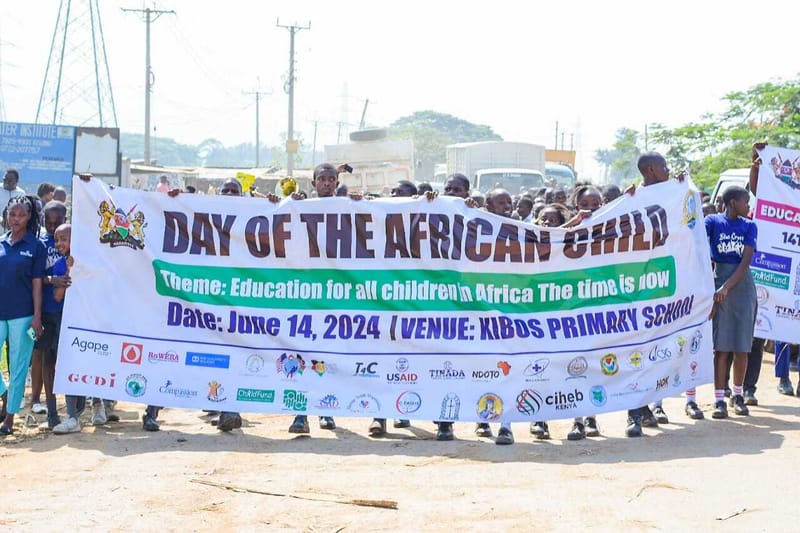DEMOCRACY AND GOVERNANCE PROGRAMME

Institutional Support and Capacity Building
KARE believes that the role institutions play in advancing democracy, good governance and human rights is critical. The capacity of both state and non-state actors is therefore important in the manner in which the institutions can discharge their mandates. KARE raises funds to support institutional capacity building and strengthening. This will include capacity building trainings for government officials, media institutions, community based organizations and other civil society organization in the areas of its operation.
Civic Education and Community Awareness
This strategy targets communities and beneficiaries (right holders). It involves empowering target communities with information on various aspects of governance, democracy and human rights. Particularly this project educates communities on issues of social accountability, budget making process, voter education, political participation, public participation, human rights and civil responsibility. Information on Emerging issues from time are also addressed by providing relevant information in a simplified manner that is useful to communities. This initiative also involves the development and dissemination of simple information packs (IEC Materials) on the various governance and democracy issue.
Advocacy and Policy Influencing
KARE believes that a good policy and legislative environment is critical towards the enjoyment of human rights by every citizen. KARE therefore deliberately works with various stakeholders to influence and support policy and legislative changes at both national and county government levels. This strategy includes building the capacity of legislative institutions on policy formulations, policy discussions as well as lobbying and advocacy skills. As well, this strategic intervention enhances the capacity of the public to participate in policy and legislative discussions and to make proposals through memorandum, petitions and other tools to influence discussions on various policies and legislations. Policy research, publication and media engagement are also key components of this intervention.


